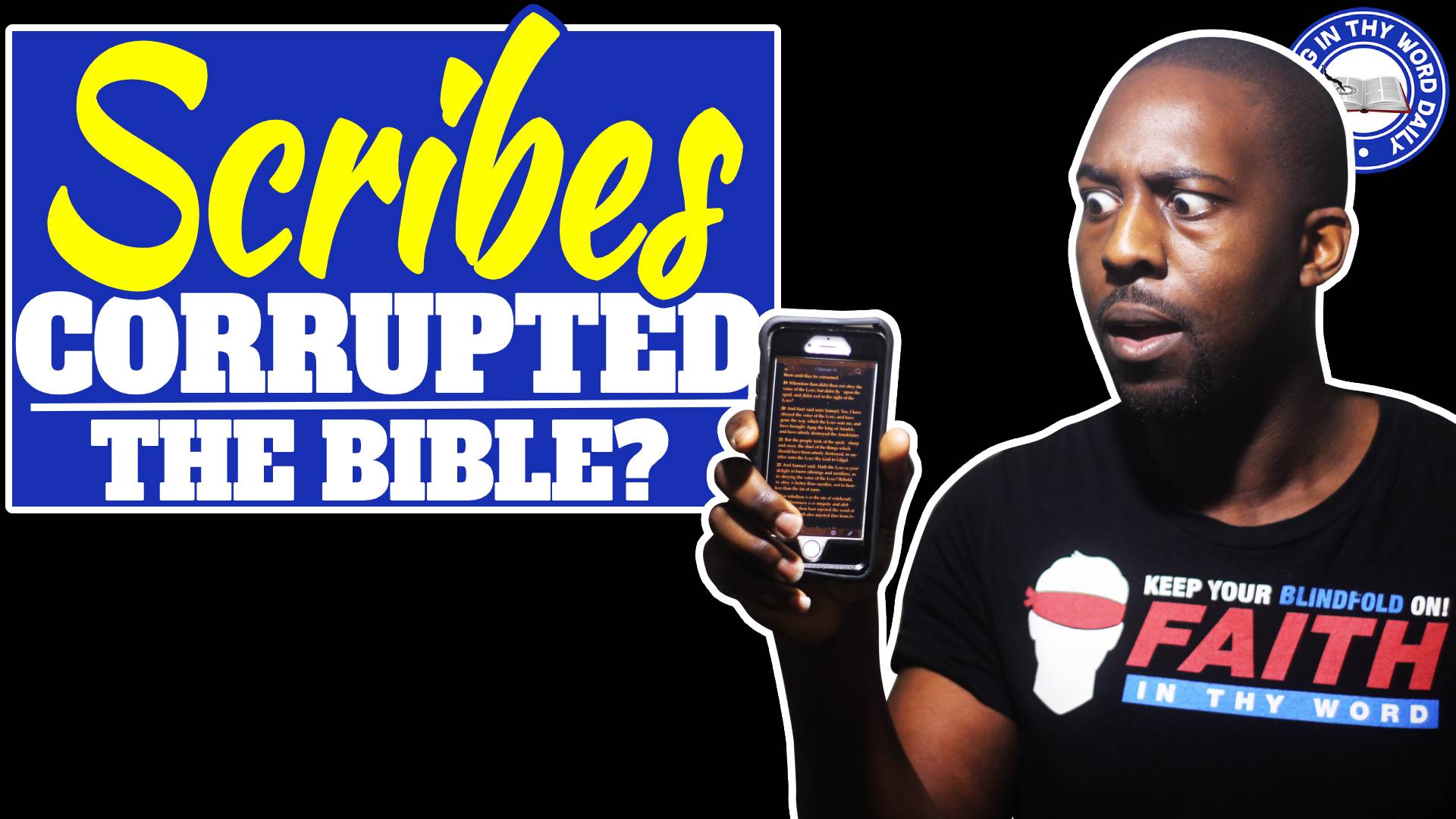Is Jesus the Word of God? 3 Reasons Why John Makes It Unmistakably Clear
One of Scripture’s most powerful theological declarations appears right at the start of John’s gospel:
“In the beginning was the Word, and the Word was with God, and the Word was God.” —John 1:1
For many believers, this affirms a foundational truth—Jesus is God. But for others, especially those in cults or belief systems that deny Christ’s divinity, accepting this truth proves difficult.
Whether they mistranslate the text or reject the Trinitarian nature of God, they raise objections to Jesus as the eternal Word.
But when we slow down and examine the passage in its proper context, John’s meaning becomes unmistakably clear.
Let’s explore three Biblical reasons from John 1:1–18 that confirm beyond doubt: Jesus is the Word of God—and He is both divine and distinct from the Father.
 When Translation and Interpretation Go Wrong
When Translation and Interpretation Go Wrong
Some groups, such as Jehovah’s Witnesses, present an altered version of John 1:1. In their New World Translation, the verse reads, “and the Word was a god,” rather than “the Word was God.”
This small tweak carries enormous theological weight. It subtly implies that Jesus is divine in some lesser sense—a created being rather than the Creator.
Others, like many Muslims or anti-Trinitarians, might not mistranslate the verse, but instead misrepresent its meaning.
They argue that logos, the Greek word translated “Word,” simply refers to God’s reason, wisdom, or mind—an abstract force without personality.
But both of these approaches ignore what John is actually doing in his prologue. John doesn’t present logos as an idea or attribute. He introduces us to someone.
A divine, eternal person, who was both with God and was God—and who entered time and space to redeem mankind.
 Reason #1: John Uses Logos in a Way That No One Else Does
Reason #1: John Uses Logos in a Way That No One Else Does
Greek thinkers often used the term logos to describe reason or logic—the organizing principle behind the universe. But John breaks from that pattern. He takes this familiar term and fills it with divine revelation.
Right from the first verse, John presents the Logos as eternal (“in the beginning”), relational (“with God”), and divine (“was God”). That combination immediately sets it apart from typical philosophical usage.
John doesn’t describe an abstract idea. He reveals a Person. Throughout the prologue, this Person speaks, creates, shines light into darkness, draws witnesses, and ultimately takes on flesh.
In other places where logos appears in the New Testament, it may refer to spoken word, preaching, or doctrine. But John makes it crystal clear—his use of logos is categorically different. It is rooted in divine relationship and redemptive history.
 Reason #2: The Word Has Personality—and John Sets Him Apart from John the Baptist
Reason #2: The Word Has Personality—and John Sets Him Apart from John the Baptist
Another compelling argument for the personhood of the Word is found in how John the Apostle distinguishes the Logos from John the Baptist.
“There was a man sent from God, whose name was John. The same came for a witness, to bear witness of the Light…He was not that Light, but was sent to bear witness of that Light.” — John 1:6–8
Why is this clarification so important? John the Apostle anticipates potential confusion and addresses it directly. If the Word or Light were merely a force or attribute, he wouldn’t need to clarify that John the Baptist “was not that Light.”
But because the Logos is a Person who could be mistaken for another, John makes the distinction. He uses the Light and the Word interchangeably. John the Baptist bore witness to the Light—he wasn’t the Light himself.
And that Light is the same divine Word who was with God in the beginning.
This distinction serves a larger purpose. It shows that the Word has identity, agency, and personality—things abstract ideas simply don’t have.
John didn’t want his readers to confuse two different people, because he knew the Word was a person who had entered the world.
 Reason #3: The Word Entered the World and Became Flesh
Reason #3: The Word Entered the World and Became Flesh
Of all the declarations in John 1, verse 14 may be the most mind-blowing:
Jesus didn’t just appear to be a man—He became a man. Share on X“And the Word was made flesh, and dwelt among us, (and we beheld his glory, the glory as of the only begotten of the Father,) full of grace and truth.” — John 1:14
The eternal Word took on human flesh, lived among us, and revealed the very heart of the Father.
Earlier verses confirm this:
“He was in the world, and the world was made by him, and the world knew him not. He came unto his own, and his own received him not.” — John 1:10–11
This isn’t metaphor or symbolism. This is incarnation.
John emphasizes this truth clearly: The Word created the world, entered it, and many rejected Him—yet those who believed, received Him. He gave them power to become children of God.
Reason or logic can’t do that. Only a divine, personal Savior gives new birth.
“For God sent not his Son into the world to condemn the world; but that the world through him might be saved.” — John 3:17
By the end of the prologue, the picture is complete. The Word who was God, who was with God, has now come in the flesh. He is full of grace and truth.
He’s not an idea—He’s Emmanuel, God with us. Share on X Jesus Is the Divine Word—Don’t Miss Him
Jesus Is the Divine Word—Don’t Miss Him
John opens his gospel not with genealogies or historical background, but with a theological thunderclap: Jesus is the eternal Word. He is with God. He is God. And He came to save us.
In just 18 verses, John lays a foundation for everything else he will write. This isn’t just a lesson in Greek grammar. It’s a revelation of God’s plan of redemption through His Son.
So don’t fall for the distortions. Don’t be led away by those who strip the Word of His divinity or personality. Instead, embrace what the Scripture clearly reveals: The Word became flesh and dwelt among us.
And if you want to go deeper into understanding Jesus’ eternal role—especially how He appears throughout the Old Testament—I invite you to read this next article.
You’ll see how the same divine Word who became flesh was already at work long before Bethlehem. Let the Word speak—and let His glory transform you.
WATCH THE VIDEO
























Recent Comments